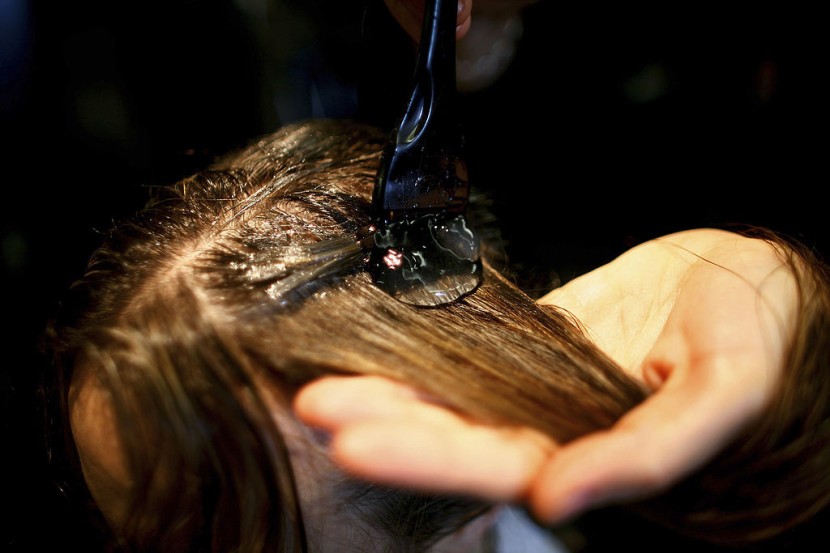
FDA's hair-straightening chemical ban is expected to greatly benefit ladies, especially Black women.
The newly proposed restriction of the U.S. Food and Drug Administration comes as many experts shared their concerns about these chemical's linkage to cancers.
FDA's Hair-Straightening Chemical Ban to Greatly Benefit Black Women
According to USA Today, the FDA filed a proposed ruling that aims to restrict the use of certain hair-straightening chemicals. As of writing, the health department is still in the first steps of approving the regulation.
If it is implemented, FDA spokesperson Courtney Rhodes said that hair-straightening chemicals that are salon-grade and at-home would be banned.
Fortune Well reported that the restriction would greatly benefit Black women since they are the ones usually using hair-straightening chemicals, which are usually found in relaxer products.
However, numerous Black hair stylists criticized the FDA's proposed restriction, saying that hair-straightening products that contain formaldehyde and formaldehyde-releasing chemicals are no longer in demand.
"Relaxers have taken an extreme decline ... as we became more knowledgeable about the effects of the relaxer on your hair and what it can do to your hair," said Kayleigh Butler, an Atlanta-based hairstylist.
"I think people just wanted to move away from that and live a healthier lifestyle," she added.
Aside from her, Jasmine Garcia, the owner of Jasmine Nicole Xclusives Hair Salon in Atlanta, argued that less than 5% of her Black clients are no longer using relaxers.
Garcia said that one of her clients heard the decision of the FDA to restrict hair-straightening chemicals. After that, her client sent a text message, saying that of all the things that the health department could focus on, why should it be relaxers?
Hair-Straightening Chemicals Leads to Cancer

In 2019, a study revealed that chemicals used in hair dye and hair straighteners can increase the risk of cancer in American women.
This claim was backed by another study, which was published by the National Institute of Health. NIH said that ladies who are using these products are more likely to develop uterine cancer.
Involved health experts said that Black women are more at risk compared to other people because they have a higher percentage of hair product usage.
Because of this, U.S. representatives Shontel Brown and Ayanna Pressley wrote a letter to FDA Commissioner Robert Califf in March.
In their letter, they asked the FDA official to investigate the health threats posed by chemicals in hair products.








